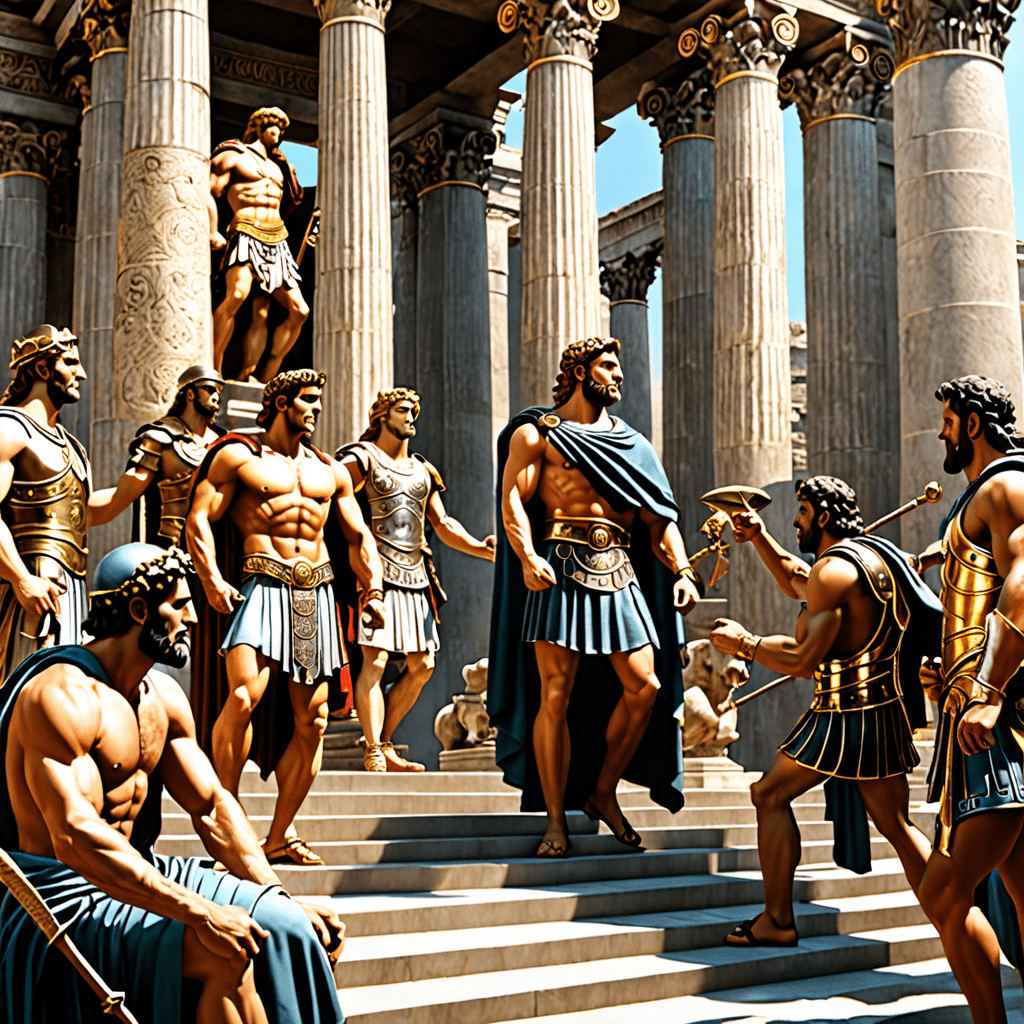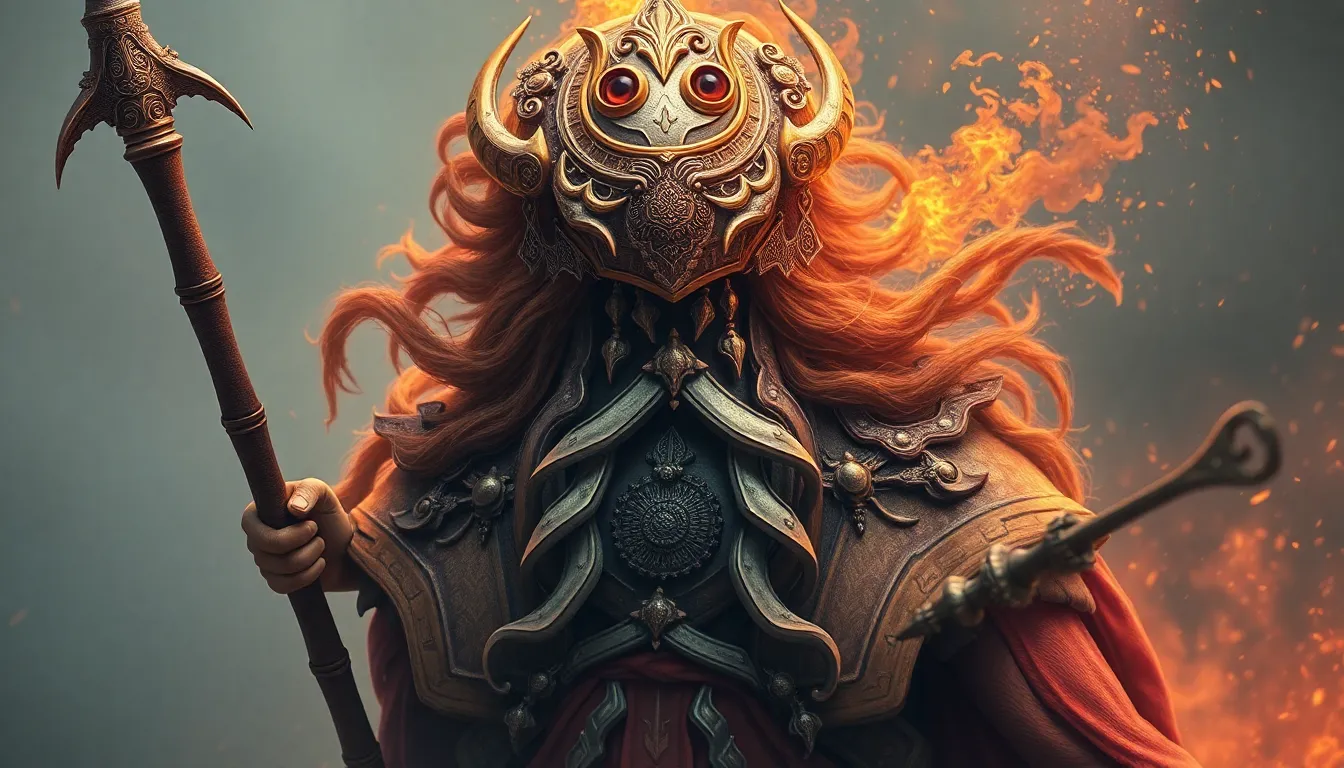Roman Mythology: Gods of Diplomacy and Strategy
In Roman mythology, like in many ancient cultures, gods were worshipped who personified various aspects of human life. Among these were gods who embodied diplomacy and strategy, crucial skills in the political landscape and warfare.
Diplomacy in Roman Mythology: Pax, The Goddess of Peace
In Roman mythology, the goddess of peace and harmony was known as Pax. She was revered for guiding Romans towards diplomacy, order, and tranquility. Pax was often depicted holding an olive branch, symbolizing peace and the resolution of conflicts through negotiation rather than violence.
Strategy in Roman Mythology: Minerva, The Goddess of War Strategy
Minerva was the Roman goddess associated with wisdom, commerce, and strategy in warfare. While she was primarily known for her wisdom, Minerva also guided warriors on the battlefield, empowering them with strategic insight and tactical prowess to outmaneuver their enemies.
Strategic Partnerships in Roman Mythology: The Twin Gods Castor and Pollux
Castor and Pollux, the twin brothers and sons of Zeus, were often called upon by sailors and warriors for protection and strategic collaboration. They were seen as symbols of unity and cooperation, emphasizing the importance of forging alliances and working together towards shared goals.
Conclusion
In Roman mythology, the gods of diplomacy and strategy played significant roles in guiding humans towards peace, negotiation, and success in warfare. By emulating these deities’ qualities of wisdom, tact, and collaboration, the ancient Romans sought to navigate the complexities of their political and military endeavors with strategic finesse.
FAQ About Roman Mythology: Gods of Diplomacy and Strategy
Who were the primary gods associated with diplomacy in Roman mythology?
In Roman mythology, the primary gods associated with diplomacy are Mercury (Hermes in Greek mythology) and Janus. Mercury was the messenger of the gods, known for his cunning and eloquence, while Janus was the god of transitions, beginnings, and endings, often invoked before important decisions or negotiations.
Which gods in Roman mythology were revered for their strategic prowess?
Mars (Ares in Greek mythology) was the Roman god of war and strategy, known for his strategic warfare skills and courage in battle. Minerva (Athena in Greek mythology) was also revered for her wisdom, strategic thinking, and tactical warfare abilities.
How were these gods worshipped in ancient Rome for matters of diplomacy and strategy?
Mercury and Janus were often worshipped before embarking on diplomatic missions, negotiations, or when seeking favorable outcomes in important decisions. Offerings and prayers were made to them for success and smooth communication. Mars and Minerva, on the other hand, were honored before battles and military campaigns for strategic guidance and victory.




